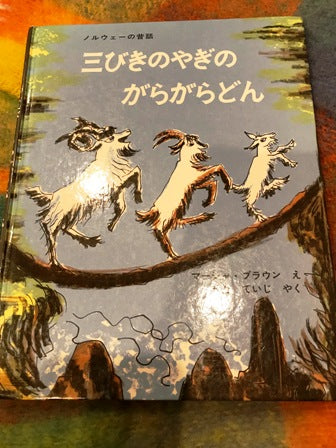
What do we think of sustainable fashion?
As we are an import trading company, we want to view sustainable fashion from an international perspective.
I think the growing awareness of sustainability in the international fashion industry started after 2013. The tragic incident that occurred in Bangladesh in 2013 served as a major impetus.
Bangladesh has recently become famous as a world-class denim production center, even in Japan. When I asked a Japanese person who works on denim in Bangladesh, he told me that recently, the technical capabilities of denim production in Bangladesh have improved rapidly, and the environmental considerations of production have also become more advanced.
Back in 2013, the Rana Plaza building, a commercial complex near Dhaka that housed large fashion tenants and factories, collapsed, killing more than 1,000 people. Sweatshops are factories that force these workers to work at extremely low wages and in poor conditions.
As a result of this incident, I believe that the need for sustainable fashion is now being questioned around the world.
If you think about it step by step like this, you will realize that sustainable fashion means fashion that is ethical and sustainable for both business owners and consumers. In other words, I believe that it is fundamental that workers and production processes are ethical in accordance with human rights, laws, etc. (including United Nations recommendations and standards). This is because products that disregard human rights, laws, etc. and are manufactured under conditions that do not allow for fair treatment of workers and businesses will not be sustainable. Imposing unfair burdens and sacrifices on workers is exploitation, and it cannot last and must not be allowed to continue.
Additionally, fashion in particular has historically been, and still is, an industry that causes significant environmental pollution. Leather tanning and dyeing can cause water pollution, and inappropriate, large-scale, and continuous use of harmful chemicals can also cause air pollution. In this way, if environmental pollution continues for a long time, the surrounding natural environment and living environment will deteriorate. We will also be unable to continue manufacturing fashion products.
In modern times, when considering the supply chain from material production to the manufacturing process, it is difficult for fashion products to be completed locally or domestically, but rather to spread internationally. Therefore, I think it is important for us Japanese people, as responsible businesses and consumers, to be aware of sustainability issues when it comes to the environment of other countries.
We believe that the products handled by SNAPPY (Futami Trading LLC) can be called sustainable fashion in the above sense. Although our products are in the expensive price range, we are committed to sustainable fashion, and we would like to deliver them to people in Japan and use them with care.



